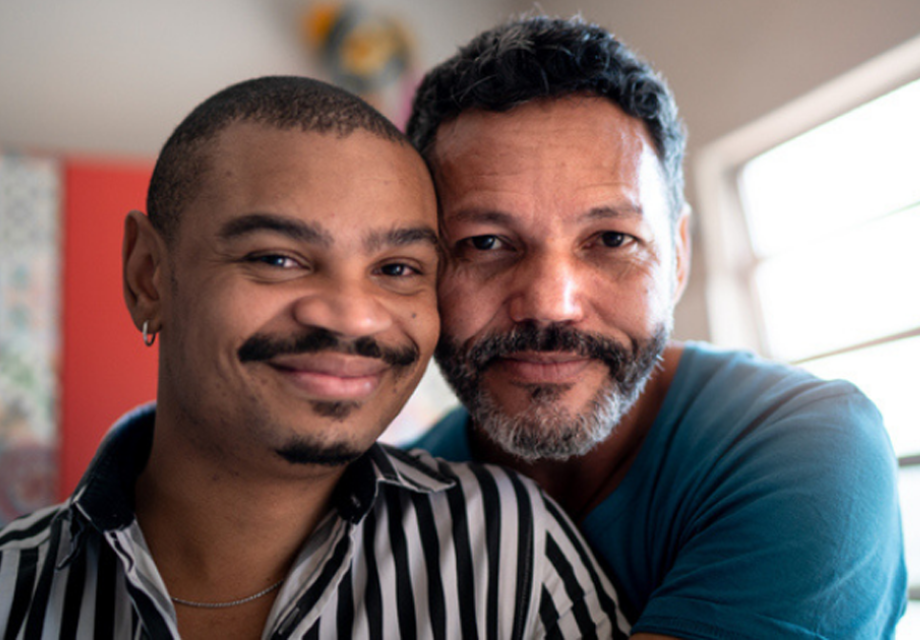Stigma and a lack of HIV knowledge linked to low PrEP use
Hester Phillips
19 January 2022
Brazil survey finds only 15% of men who have sex with men who qualify for free PrEP are using it
Research from Brazil suggests that men who have sex with men are more likely to use PrEP (pre-exposure prophylaxis) if they have a good level of HIV knowledge and have positive feelings about homosexuality.
What is the research about?
Between February and March 2020, researchers used the gay app Hornet in Brazil to survey under 2,400 gay men and other cis-men who have sex with men (aged 18+).
All were eligible for PrEP because they met one or more of the following criteria: they had condomless anal sex, they had a partner with HIV, they exchanged sex for money or other resources, they had a sexually transmitted infection.
Why is this research important?
PrEP is a vital tool for HIV prevention and is recommended for anyone at higher risk of HIV. In Brazil, PrEP use is low, despite it being free to those who qualify. This study aimed to find out why this is for men who have sex with men.
What did they find out?
Despite all men being eligible, 80% had never used PrEP. Among those who had used PrEP, 15% were currently taking it and 5% had taken it before.
The more someone knew about HIV, the more likely they were to use PrEP. This was true even after taking someone’s education level into account.
Most men had low levels of self-stigma. But those with more negative thoughts about homosexuality were less likely to use PrEP than those with no or low self-stigma.
One-third (31%) of men who had never used PrEP said it was because they did not know where to get it from. A quarter (25%) who had stopped taking PrEP said it was because they had difficulty accessing health services.
Another common reason for not taking PrEP or stopping taking it was being worried about side effects.
Young men (ages 18–24) were less likely to use PrEP than men aged 40 and over. Other studies have also found this. Evidence suggests that young men who have sex with men know less about HIV than their older peers. They are also more likely to experience discrimination, which means they are less likely to use HIV prevention services.
What does this mean for HIV services?
Increasing HIV knowledge is vital for increasing PrEP use. This includes making people aware of the things that stop HIV transmission; namely, condoms, PrEP and treatment as prevention.
It also means making sure that people understand how to take PrEP correctly and addressing fears about side effects.
It shows that acknowledging and addressing the negative feelings that men who have sex with men might hold about themselves may encourage them to use HIV prevention services. Providing one-to-one counselling, community-led support groups, or peer support are ways to do this.
A recent study in Mexico found that most people first learn about PrEP on the internet, rather than from a doctor. This suggests providing accurate, easy-to-find online information about PrEP and HIV prevention is important. This could be done through an organisation or project’s website, or by advertising on social media platforms and other websites.
The finding on age suggests that separate HIV prevention campaigns and stigma reduction schemes designed by and for young men who have sex with men are needed.
But increasing demand is only half of the battle. For people to use PrEP, it needs to be available at a clinic or community venue near them, and be provided by friendly staff who will treat them with respect.
Get our news and blogs by email
Keep up-to-date with all our latest news stories and blogs by signing up to the Be in the KNOW news digest.
